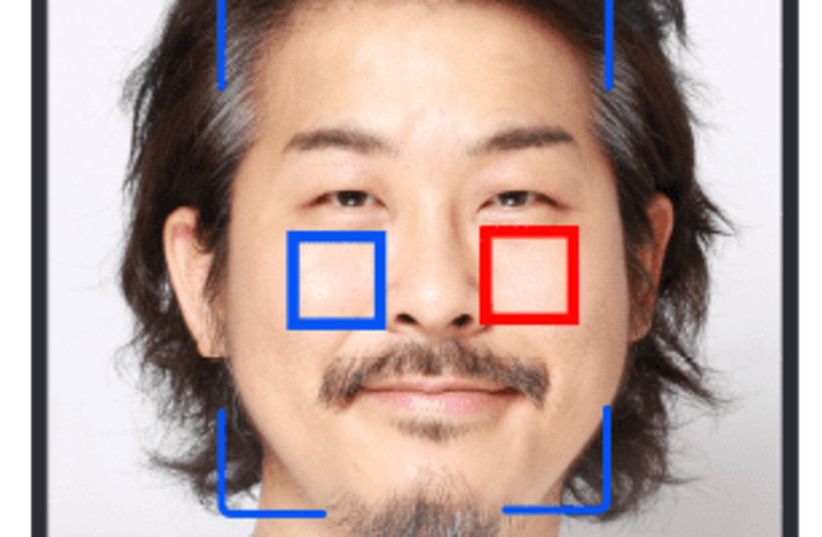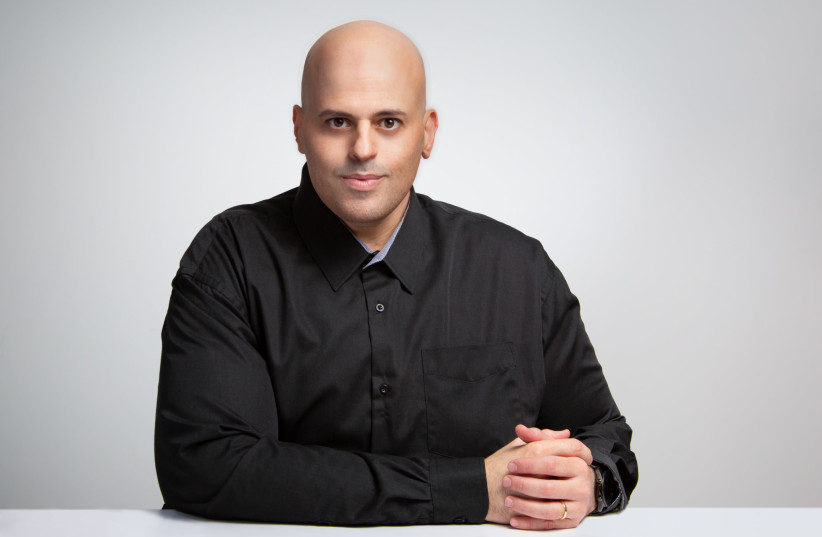Vital signs provide medical professionals with the first indication of our health. Measuring them is necessary to assess a person’s well-being, indicate whether a person may be suffering from an underlying disease and determine whether the treatment the person is receiving is effective.
Israeli company Binah.ai can capture and extract a person’s vital signs ranging from heart rate, heart rate variability, oxygen saturation and more, in under a minute, via the camera of a patient’s smartphone, tablet or laptop.
Its health data platform is powered by artificial intelligence and is a software-only solution, which means it doesn’t require any additional wearable devices or other dedicated hardware. The person’s vital signs are delivered to the user in a simple and accessible digital format.
cnxps.cmd.push(function () { cnxps({ playerId: ’36af7c51-0caf-4741-9824-2c941fc6c17b’ }).render(‘4c4d856e0e6f4e3d808bbc1715e132f6’); });
if(window.location.pathname.indexOf(“/jpost-tech/”)!=-1){ document.getElementsByClassName(“divConnatix”)[0].style.display = “none”; var script = document.createElement(‘script’); script.src=”https://static.vidazoo.com/basev/vwpt.js”; script.setAttribute(‘data-widget-id’,’616dd69d1b04080004ac2cc0′); document.getElementsByClassName(‘divVidazoo’)[0].appendChild(script); }else if(window.location.pathname.indexOf(“/israel-news/”) != -1 || window.location.pathname.indexOf(“/omg/”) != -1 || window.location. pathname.indexOf(“/food-recipes/”) != -1 || window.location.pathname.indexOf(“/science/”) != -1){ document.getElementsByClassName(“divConnatix”)[0].style.display = “none”; var script = document.createElement(‘script’); script.src=”https://static.vidazoo.com/basev/vwpt.js”; script.setAttribute(‘data-widget-id’, ’60fd6becf6393400049e6535′); document.getElementsByClassName(‘divVidazoo’)[0].appendChild(script); }else if(window.location.pathname.indexOf(“/health-and-wellness/”) != -1){ document.getElementsByClassName(“divConnatix”)[0].style.display = “none”; var script = document.createElement(‘script’); script.src=”https://player.anyclip.com/anyclip-widget/lre-widget/prod/v1/src/lre.js”; script.setAttribute(‘pubname’, ‘jpostcom’); script.setAttribute(‘widgetName’, ‘0011r00001lcD1i_12246’); document.getElementsByClassName(‘divAnyClip’)[0].appendChild(script);}
“We want to make the world a healthier place,” said company founder and CEO David Maman.
 Binah.ai captures vital signs via a camera in under a minute(Credit: BINAH.AI)
Binah.ai captures vital signs via a camera in under a minute(Credit: BINAH.AI)
Maman said that today, most Western countries, including Israel, have about three doctors per 1,000 people. But in some countries, including many in the Middle East, there is only one doctor for every 10,000 people. And in others, like parts of Africa, there is a striking one physician for every 30,000 people.
“The population growth is astonishing,” Maman said. “And being a physician isn’t easy. Smart people choose to make their money in hi-tech and fewer people are going into medicine, which involves years of training and more until they really have a calling. Till then it can be an extremely difficult profession.”
But while countries may lack available doctors, even in most of the world’s most disadvantaged countries, citizens often have smartphones.

Binah.ai, Maman explained, turns these phones into medical devices through its software.
The system is operated using remote photoplethysmography (rPPG).
PPG (without R) is a simple and inexpensive optical measurement method first spoken in the late 1930s. RPPG, on the other hand, “is a camera-based solution for contactless heart monitoring, which is proven to be as accurate as conventional PPG devices. Our technology measures changes in red, green and blue light reflected from the skin and specular reflectivity and Measures the difference between diffuse reflections,” the company’s website states.
Binah.ai does not have access to customer data. Instead, its technology is embedded in its customers’ applications and the data is simply sent to the user or wherever the user chooses to make it available. For example, a user might send a scan to their insurance company or physician, “but it’s up to customers what to do with the data,” Maman emphasized.
The company aims to make people healthier, but is also using its devices to help the company assess the health of its customers. Already, its software is being used by seven of the top 100 insurance companies around the world, asking its users to determine customers’ health and verify their vital signs to help determine premiums. say for.
In total, 50 customers are using the technology, which so far provides eight vital sign measurements, Maman said. The goal is to offer 25 vital signals over the long term.
“Our goal is to make everything medical-grade,” he said.
In the future, he could delineate primary care physicians to have access to software as an effective means of preventive medicine. For example, a high resting heart rate for a week may be a sign of increased mortality, and doctors can spot this warning sign early and advise their patients.
“It’s not just about reading vital signs, but what they mean,” Maman said.
He added that biotech isn’t just “the next big thing, but it’s everything.”
Healthcare was neglected, he said, and the coronavirus crisis brought the sector to the forefront with a vengeance. This inspired medical professionals to embrace telehealth and digital devices in ways they had never done before.
Israel, he predicted, could be a leader in the region.
“I expect the Israeli biotech market to triple in the next five years,” he said.